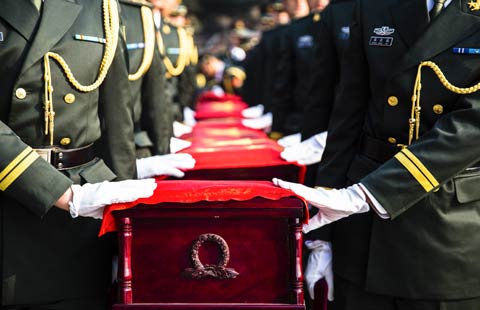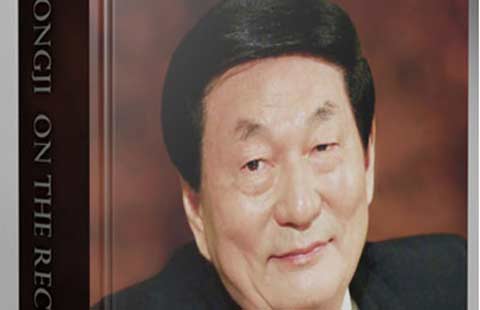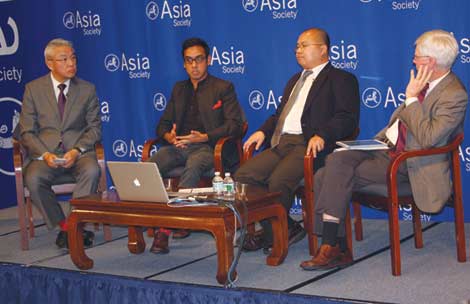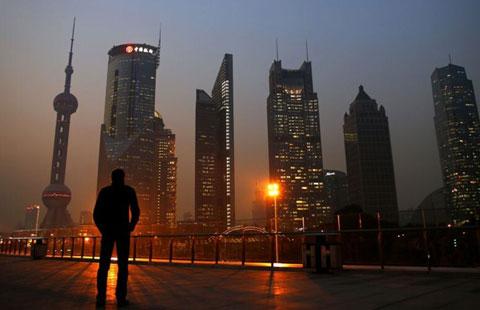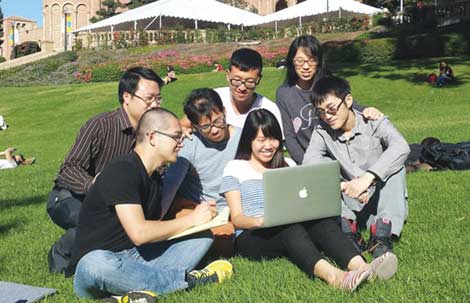South African judge clears Pistorius of murder
Updated: 2014-09-11 20:50
(Agencies)
|
||||||||
 |
|
June (L) and Barry Steenkamp, parents of Reeva Steenkamp listen to the judgement of Olympic and Paralympic track star Oscar Pistorius at the North Gauteng High Court in Pretoria, September 11, 2014.[Photo/Agencies] |
GRIPPING TRIAL
The case has transfixed millions around the world who admired Pistorius, a man whose lower legs were amputated as a baby but who reached the semi-finals of the 400 metres at the London Olympics in 2012.
That same year, Time magazine included him in its list of the world's 100 most influential people, "the definition of global inspiration".
In sports-mad South Africa, the shooting caused an even bigger impact, the stunning downfall of a sporting hero feted by black and white alike in a society still divided by its racist past.
The case continued to inflame passions even after Masipa delivered her decision.
"We are here in support of all women who have been abused or killed by their partners," said supermarket worker Joyce Radebe, who took the day off to demonstrate outside the court with members of the African National Congress Women's League.
Prosecutor Gerrie Nel - the theatrical face of a prosecution that has watched its case stripped away by Masipa - painted Pistorius as a gun-obsessed hot-head who whooped with joy when he blew apart a water-melon with a high-calibre pistol, democratic South Africa - glued to the live television feed - was forced to ask itself some uncomfortable questions.
Foremost among them were queries about male attitudes to weapons and violence and the reality of whites and blacks still inhabiting largely different worlds.
Why, commentators asked, of more than 30 witnesses called were only two - a security guard and police ballistics expert - black?
Why, Masipa aside, were nearly all the leading protagonists white in a nation where whites are just 10 percent of the population?
Was South Africa really so dangerous that Pistorius and his friends were justified in feeling the need to carry handguns?
And, as backdrop to it all, the universal white suburban fear: how to protect yourself from an intruder - assumed to be black - in the middle of the night, a fear hardwired by years of apartheid propaganda about the 'swart gevaar' (black danger).
- Xinjiang publishes anti-terror brochures
- Security pact sealed with Afghanistan
- President Xi encourages international cultural exchanges
- Premier Li: China willing to help Afghan infrastructure
- Chinese FM: China, Asia-Pacific become community of shared destiny
- Foreign minister remarks on possibility of China-Japan summit
Most Viewed
Editor's Picks

|

|

|

|

|

|
Today's Top News
VW defends safety of recalled New Sagitar
Former premier makes Hurun philanthropists list
Xinjiang publishes anti-terror brochures
SOHO endows $10m to Yale
Cook and Ma talk about partnership
Language a barrier to healthcare for Asian Americans
China businesses need innovation: VC
Security pact sealed with Afghanistan
US Weekly

|

|

